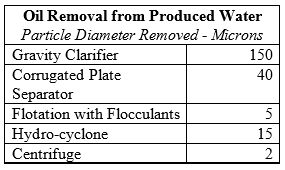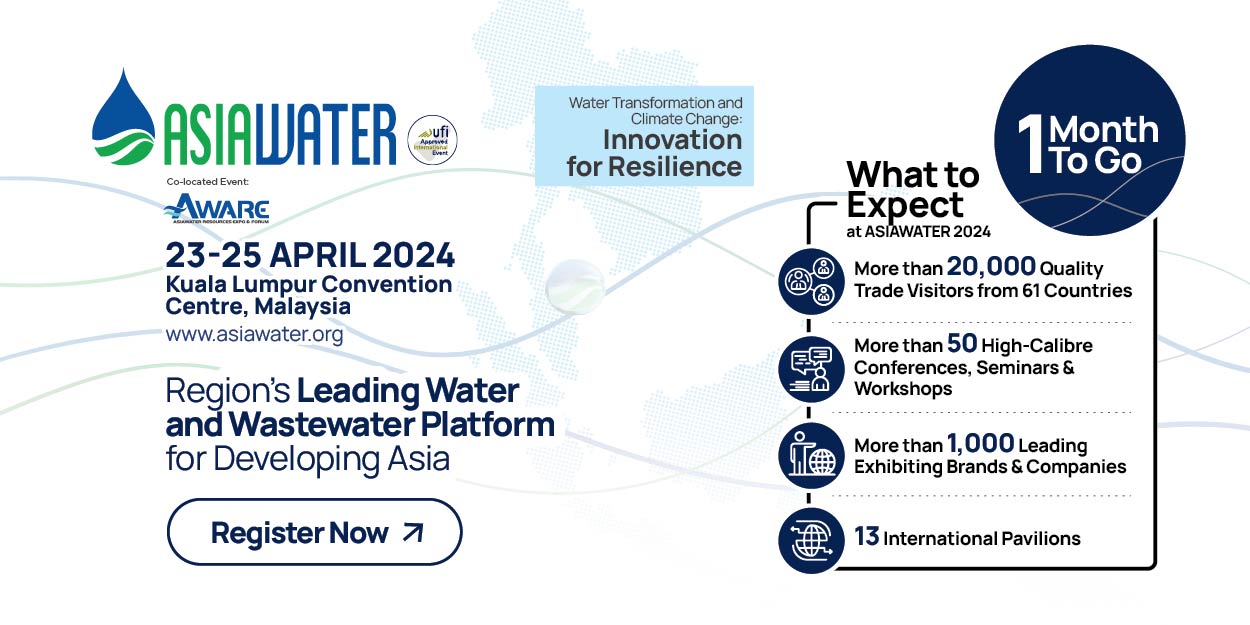Oil and Gas Market for Sedimentation and Centrifugation Equipment will be $400 Million this Year
Sales of clarifiers, dissolved air flotation, hydro-cyclones and centrifuges for the oil and gas industry will be level in 2016 at $400 million. This makes it a small segment in the $7.4 billion sedimentation and centrifugation market.

McIlvaine Company
The reduction in drilling activity has a significant impact on sales of this equipment. There are a few bright spots. For example, with fewer new holes to act as storage sites for produced water there is more focus on purification and reuse.
The two largest centrifuge manufacturers participate in this market, but the lion’s share of the business is obtained by specialist companies.
Alfa Laval LYNX drilling mud decanter centrifuges are designed specifically to remove unwanted solids and fine particles from virtually all kinds of used drilling mud, including those based on water/synthetics and conventional oil-based drilling fluids.
GEA with sales of €1.3 billion in the fourth quarter 2015 is one of the top two centrifuge suppliers. However, sales to the oil and gas industry represent only 2 percent of their total revenue. In the oil and gas industry, GEA centrifuges dewater and desalinate oils of low density and viscosity. They also efficiently process heavy oils with a specific weight of 14 degrees API and less, which experience has shown is not the case when treated using conventional static and electrostatic methods. The low density difference between oil and water can only be handled by multiplying the g-forces with maximum centrifugal velocities; this is the advantage of centrifuges.
For the largest droplets, gravity separators without coalescers are frequently used. Parallel or corrugated plate separators are used for dispersions down to 40 microns. Knitted mesh packing type coalescers are for smaller droplets down to a few microns. Cartridges are used for droplets in the submicron level. DAF and centrifuges also find use.
The use of sedimentation equipment is greater for tight gas and for deep ocean. Globally, shale gas is expected to grow by 5.6 percent per year between 2014 and 2035, well in excess of the growth of total gas production. As a result, the share of shale gas in global gas production more than doubles from 11 percent in 2014 to 24 percent by 2035. This will create an expanding separation market.
Source: The McIlvaine Company







